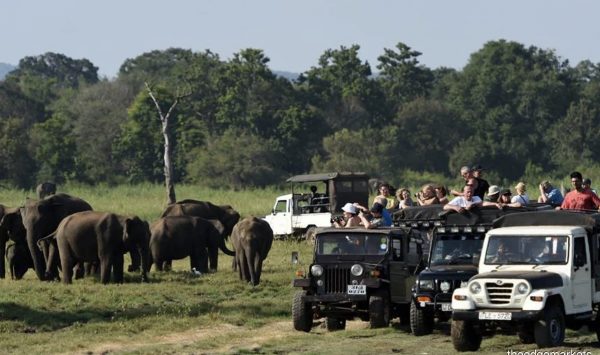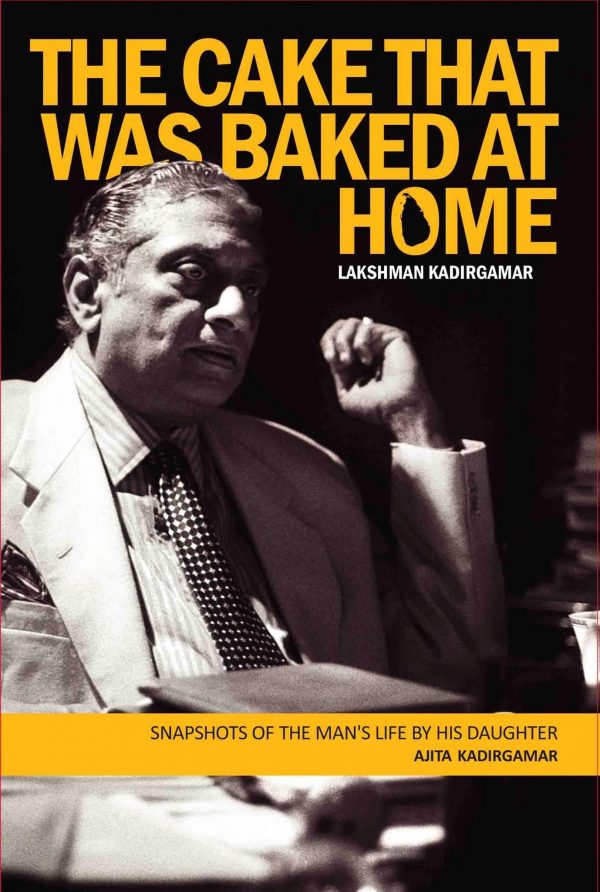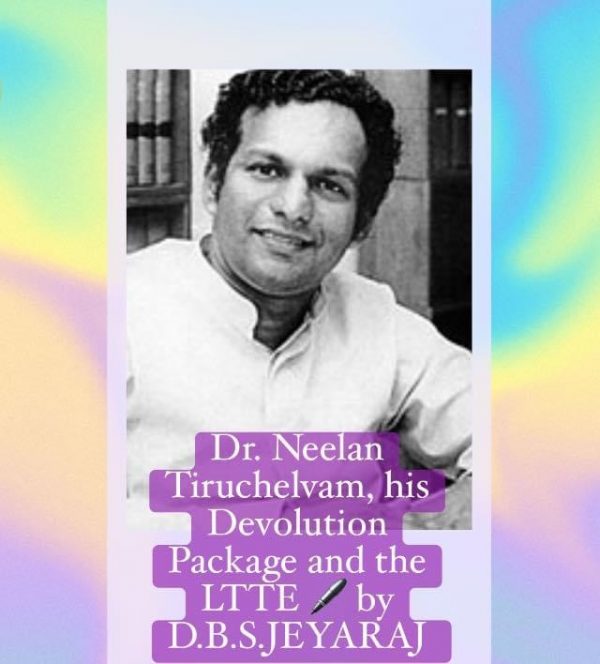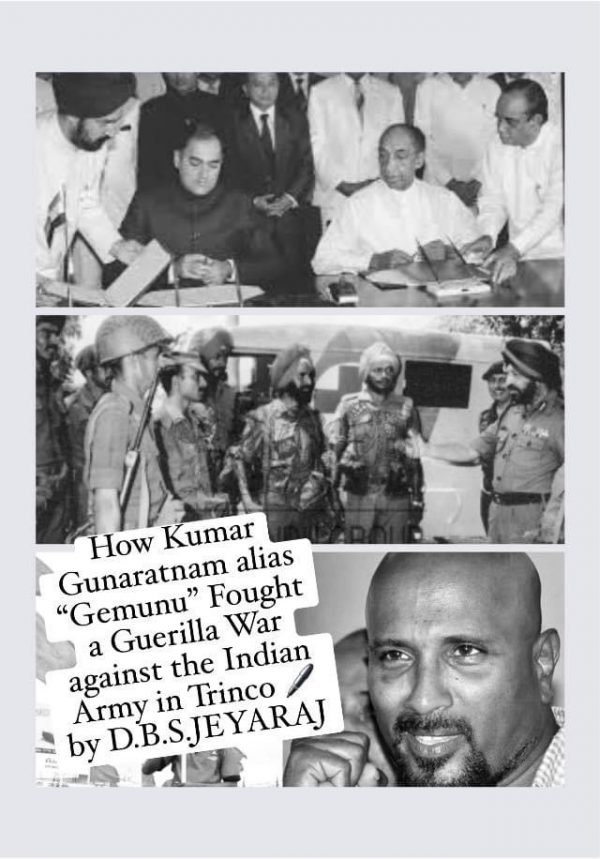By
Col R.Hariharan
(The writer is a retired military intelligence specialist on South Asia associated with the Chennai Centre for China Studies)
The controversial visit of China’s “spy ship” Yuan Wang-5 to Sri Lanka’s Hambantota port from August 16 to 22 is perhaps Sri Lanka’s most commented news story, next only to President Gotabaya Rajapaksa’s escape in stealth from the island-nation a few weeks earlier. The reason is not far to seek; the research ship belongs to the PLA’s 5th branch – the Strategic Support Force (PLASSF) created in December 2015 to carry out space, cyber and electronic warfare. The ship is equipped with advanced electronic equipment, sensors and antennae to assist PLA’s land-based stations in tracking satellite, rocket and ICBM launches within a range of 750 km.
Sri Lanka’s foreign affairs ministry originally allowed the vessel to dock in Hambantota from August 11 to 17. India expressed its security concerns over berthing the ship in Hambantota as soon as reports indicated that the ship was heading to the Sri Lankan port. The US also had expressed its security concerns. Perhaps in deference to India’s concerns, the ministry in a message to the Chinese embassy asked the visit be delayed until further consultations.
The Chinese embassy clarified that the maritime research vessel’s visit was for replenishment and refuelling and did not pose a threat to any security or economic interests. It eventually succeeded in pressuring Sri Lanka’s defence ministry to allow the research vessel to berth in Hambantota port from August 16 to 22, after laying down conditions that it would switch off its tracking equipment.
The media pundits in India went to town with analyses of how the ship’s berthing in Hambantota would compromise the security of our naval bases and satellite launch sites and missile launches. The plain truth is Yuan Wang-5 is capable of carrying out all these actions even without docking in Hambantota port. Many analyses across global media had been cautioning the US of China overtaking it as a strategic power. These analyses were basically revisiting the bogey of China’s growing military prowess in the Indo-Pacific.
Social media castigated Sri Lanka for its “ungratefulness” to India, which had gone all out to lend a helping hand in times of Sri Lanka’s economic distress, unlike China. Some critics called it a violation of the India-Sri Lanka Accord 1987, though the Accord has no specific clause forbidding the berthing of warships of other countries in Sri Lanka ports in peacetime. Moreover, Sri Lanka had been repeatedly reassuring India at various levels that it would not allow the use of its soil to pose a security threat to India.
The controversy over Yuan Wang-5’s visit is timed to draw attention away from growing India-Sri Lanka relations, which are on the apogee. Probably it is also aimed at reminding Sri Lanka that it cannot afford to ignore China’s interests, now embedded in the body politic of the island-nation. Moreover, for some time now, Sri Lanka is in talks with India at multiple levels to upgrade its transactional relations into a strategic relationship.
These efforts have encouraged India to extend all out support to the people of Sri Lanka to meet their essential economic and energy requirements after the country went bankrupt. India’s support has continued, in spite of political uncertainties in the country after the unceremonious exit of President Gotabaya Rajapaksa and the ascent of Ranil Wickremesinghe as president.
It is worthwhile to examine the Yuan Wang-5 issue in the larger context of the strategic dynamics of the Indo-Pacific. Alfred North Whitehead, mathematician and process philosopher considers “symbolism as no mere idle fantasy or corrupt degeneration. It is inherent in the very texture of human life.” His words: “there is urgency in coming to see the world as a web of interrelated processes of which we are integral parts, so that all of our choices and actions have consequences for the world around us” have great relevance in understanding the substance behind China’s acts of symbolism.
India celebrated Azadi Ka Amrit Mahotsav—75 years of India’s independence—on August 15. On that day, the Xinjiang command conducted live-fire drills near the LAC with a “new type of surface-to-air missile” at an altitude of more than 4,500 metres (14,760 feet). A report in the South China Morning Post quoted military observers to say the weapons appeared to be HQ-17A air defence missiles, part of an integrated system that can fit in a single vehicle. Yuan Wang-5 steaming into Hambantota a day after India’s Independence Day is also symbolic of China enforcing its writ in Sri Lanka despite India’s security concerns.
More than all this, Yuan Wang-5 is a demonstration of PLASSF capability as part of China’s power projection in space and cyberspace. The SSF is also designed to coordinate intelligence sharing and operations in the informatized battlefields in real time. Informatization has been the mantra of Chinese Communist Party (CCP) ever since PLA thinkers drew many lessons from their observations of the US Gulf War (1991) and Iraq War (2003). In their assessment, the US used effective coordinated employment of global media, international law, and other psychological warfare techniques. The use of these techniques collectively referred to as “three warfares” could enhance results as military operations became more and more dependent on information technology tools.
The concept of “three warfares” was incorporated in the PLA Political Work Regulations for future conflicts in 2003. This has resulted in increased coordination of civil and military organs of state since then to get the best results of “three warfares”.
The timing of the Yuan Wang-5 controversy is uncanny. On June 6, India successfully carried out the training launch of the intermediate range ballistic missile Agni-4 from APJ Abdul Kalam Island off Orissa under the aegis of the Strategic Forces Command. The visit of Yuan Wang-5 is perhaps China’s way of flaunting its capability to track India’s ICBM launches. A month later, PLA tested an advanced PHL Multiple Lau¬nch Rocket System (MLRS) at an altitude of more than 5,300 metres in the Xinjiang Region.
India’s Foreign Minister S Jaishankar has been on a mission for some time to lay bare China’s double speak on matters related to India in many international forums. Only a month earlier, the 16th round of border talks between Corps Commanders of India and China ended in yet another stalemate. Last week in Bangkok, Jaishankar said the relationship between India and China is going through an “extremely difficult phase” after the Galwan incident in the Ladakh border in 2020. He emphasised that the Asian Century will not happen if the two neighbours could not join hands. “We very much hope that wisdom dawns on the Chinese side,” he said while replying to a question in Bangkok.
Now on a six-day tour of South America, Jaishankar said China has cast a shadow on bilateral ties by disregarding border pacts with India. He said the relationship cannot be a one-way street. “They are our neighbour and everybody wants to get along with their neighbour…But everybody wants to get along with their neighbour on reasonable terms. I must respect you and you must respect me,” he added. The EAM said “from our point of view, we’ve been very clear that if you have to build a relationship, then there has to be mutual respect. Each one will have their interests and we need to be sensitive to what the concerns are, of the other party.”
Sri Lanka is caught not only in the midst of muscle flexing between India and China in the Indian Ocean region, but it is also facing the flak of the strategic maelstrom blowing across the Indo-Pacific, after the visit of the US House Speaker Nancy Pelosi to Taiwan on August 2. President Xi Jinping had spoken to POTUS Joe Biden, a month earlier to prevent the visit.
According to media reports, President Biden not only told Xi that he “could not oblige” as the US Congress was an independent body, but also warned the Chinese president against taking any “provocative and coercive” actions if the visit took place. Pelosi’s visit may be considered a big loss of face for Xi, particularly when he is poised to be re-elected as the CCP General Secretary in the next few months. The invectives China has used to condemn the US and its allies on this issue show that the stand-off over Taiwan is likely to continue for some time. We can expect the spill over of the continuing US-China confrontation in the Indian Ocean region in the coming months. It is imperative that China’s symbolic acts are studied to gauge the substance behind them to understand its intentions.
**************************















